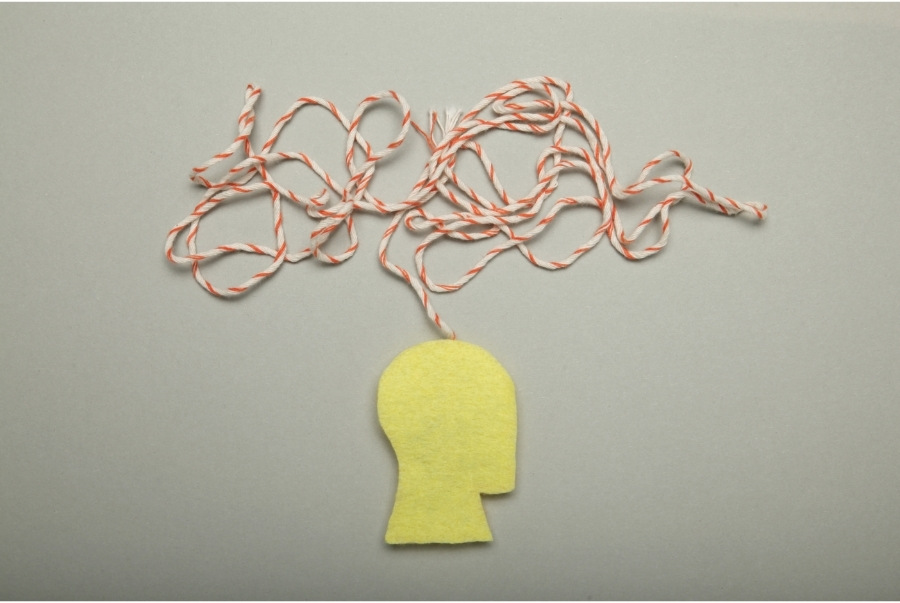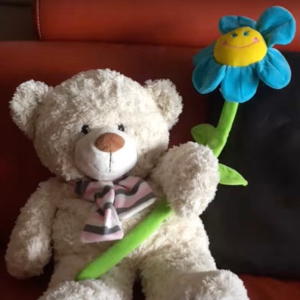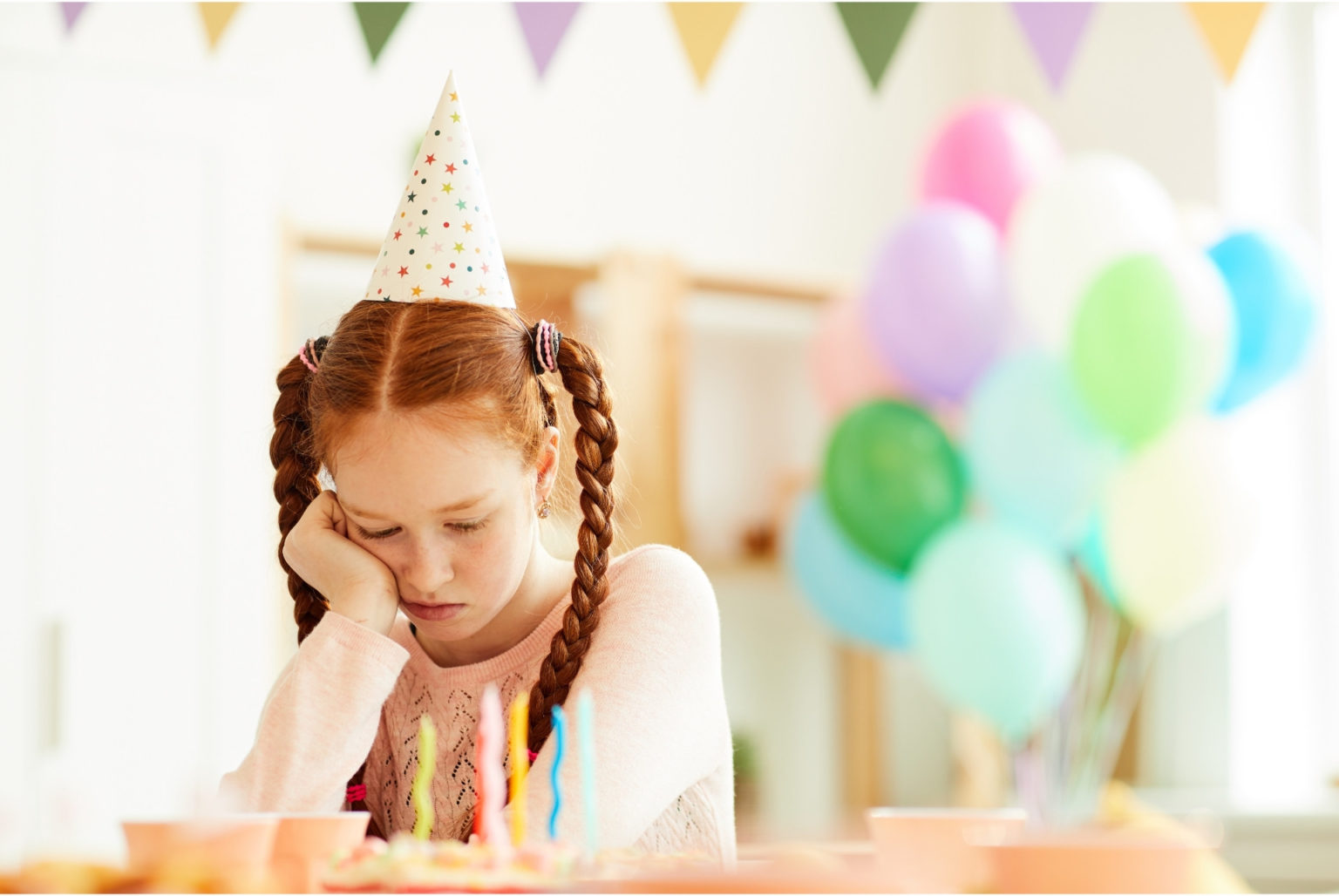Contribution from Gnomy Evergreen
Everytime I spent my summer holidays in the US, my treatment, (mostly ERP – exposure and response prevention) made me very upset. The reason was not because the treatment was not so helpful for me but because when the therapists thought that the treatment was unsuccessful, they blamed me. To them, the problem was that I was not tough enough to follow the treatment, even when they all believed that I should have been able to do much better. They also thought that for my whole life I had been too fortunate, therefore, I was not willing to work hard on anything.
The second and more important reason why my therapists judged me was because although I did not express myself so clearly at the time, they already knew that my wishes were very different from those of most other patients with OCD or other forms of anxiety. I have always wanted to make it clear that I never enjoy feeling frustrated, worried, or being moody when anxiety attacks me so that I am not able to pursue my interests, such as oil painting, song writing, singing, my interest in foreign languages, etc.
I was so worried about growing big and tall as well as having a feminine figure that I would do the opposite of anything which I heard could make me grow bigger or taller.
However, I do not wish to be like the majority of young people my age, live like them, or have their lifestyle. I do not wish to have many of the “ordinary”, or “normal” life experiences that most people have, or would want to have. Although I know that there are many “ordinary”, or “normal” life experiences that I never had, but which are very important to the majority, for example, adventurous experiences with friends, romantic relationships, studying a degree, experiences to do with career, winning competitions, etc. I only wish to be able to continue doing what I find meaningful, follow my own wishes, have lasting and true relationships with friends, be myself, and be happy. It seemed that to the therapists who I had visited in the past, their most important job was to change a mental health patient into a “normal” person, and this was not what I wanted.
Secondary school

I was a special needs student at my secondary school. Although I had always most appreciated all of the special arrangements which my school had given me, I can honestly say that I have no regrets that I was not able to take public exams during those years due to OCD and my anxiety. I now believe that even if I was able to take the public exams, this would have only made me more miserable as well as lose my interest in the subjects which I had studied. Thinking of when I was a school student, I had truly wanted to understand what I was studying because I did not have the pressure of academic results. In my opinion, each person’s ways and needs for learning are different.
For me, I can only learn well without the pressure to pass exams, pressure from other people, win competitions, be successful in performing, or compare with others. I am also able to learn well and improve only when I am learning because I am interested, and therefore want to do well and improve, but not to please others. I believe that people should be able to express themselves, be themselves, and walk their own road, instead of having to follow what society or other people expect them to be able to do even if they know that it is actually not fit for themselves.
Puberty and Gerascophobia
After reading the article, I believe that my Gerascophobia began during puberty, as I had never wanted my body to change. I was so worried about growing big and tall as well as having a feminine figure that I would do the opposite of anything which I heard could make me grow bigger or taller. I had never avoided food when I was hungry or avoided eating different types of food, but I tried hard to control puberty by eating less and not exercising much (although I never had a big appetite, or especially enjoyed activities with a lot of physical exercise, even when I was younger). Also, as I heard that there were some exercises which could help me grow taller, like skipping or jumping, I was careful to avoid them.
Everytime that someone told me that I had grown taller or looked older or more mature, I would feel very uncomfortable as it gave me anxiety. I would then try even harder to control puberty. I only stopped controlling myself when I knew that I had stopped growing. At the time, I did not dare to tell anyone as I was worried that if my parents knew, they would take me to visit more psychologists/psychiatrists. I already had many very unhappy experiences visiting psychologists/psychiatrists. My parents, and perhaps people who knew me well, only knew that I did not wish to grow big and tall, or look mature.
I had noticed that I did not only look quite young for my age, but that my natural voice when I spoke sounded like a young girl more than a woman.
Another experience which may be interesting to people in different cultures is that during Chinese New Year, children or young people would greet adults (or married people in the older generation) with good wishes for the new year and then receive red packets (Lai See). When the adults give them Lai See, they would often bless them by saying, “I wish that you grow up fast, and grow big and tall”. I had disliked hearing this, and therefore each time when the person had turned their back, or was further away, I would say, “Reverse, reverse!”
Diving into Gerascophobia

Some years after puberty, when I was around 20 years old, one of my cousins, who had always been closer to me, asked me and my mother how come I always wished to be younger and really looked very young for my age, could it be that the mind could control the body? At the time, like most people, I had not heard of Gerascophobia, therefore I did not think much about his question. However, when I became older, like some of the people who knew me well, I had noticed that I did not only look quite young for my age, but that my natural voice when I spoke sounded like a young girl more than a woman. Then I remembered my cousin‘s question and started to be curious about whether it was possible that a person‘s mind could control their own body.
Most teenagers would look forward to, or be excited about, celebrating their 18th birthday, but I was the opposite.
Even today, I like to have the image of a young girl, and would always dress much younger than my age. I do not treat myself as a woman and cannot accept it if others (even strangers) describe me as a woman. I would feel extremely uncomfortable or have anxiety if I had to dress like someone my age. I cannot be totally sure, but guess that the feeling would be a little similar to if a transgender person, or person with gender identity problems, had to dress as their birth gender.
Most teenagers would look forward to, or be excited about, celebrating their 18th birthday, but I was the opposite. A few months before I turned 18, I started to worry that because I would be an adult legally, the people around me would not continue to treat me in the same way. When I slept at night, I dreamed about feeling old. On my birthday that year, my parents organised a special birthday celebration for me. They booked a private room and invited many of our good friends to come and celebrate, with bottles of wine and champagne. Although I had very much appreciated how my parents and friends gave me that special celebration and, in particular, everyone‘s good wishes, I was not so excited. I did not want to feel like this was a “grown up” or “coming of age” party especially for me. I had never liked it when people asked how I felt being 18 or 21, or if I felt different, as I had never wanted to feel different due to my age.
For the coming 10 years until my 28th birthday, I was not in an especially good mood on my own birthday although I had always appreciated it when my family and friends remembered me, or if I had received cards, or gifts from them. I had always preferred celebrating other people‘s birthdays, especially the people who I cared about, as I did not want to have the feeling that I was growing older. However, on my 28th birthday, I was finally able to tell myself that as long as I can have the same image and others would treat me in the same or similar way, then I can treat myself in the same way too and as if I was the same age every year. I could think of it like my age was just a number, and would not need to have the feeling that I was growing older. Also, I reminded myself that for most of the time, people would not check my identity card in the street either.
Stay tuned for the final part, Chapter 3, of Gnomy Evergreen’s story.

Gnomy Evergreen (the author’s pen name) is a person who has lived in Hong Kong since birth. She lives with Obsessive Compulsive Disorder and Gerascophobia, an extremely rare fear of growing up. Since the age of 10, she has received various treatments, including cognitive behavioural therapy and exposure and response prevention, which made her feel unseen and othered. Now, she is trying to raise awareness about the emphasis on ‘curing’ rather than ‘helping’ in conventional medical treatment of these conditions.
Disclaimer: The opinions expressed in this publication are those of the authors and do not necessarily represent the views of The HK HUB.
Header image credits: SeventyFour via Canva




